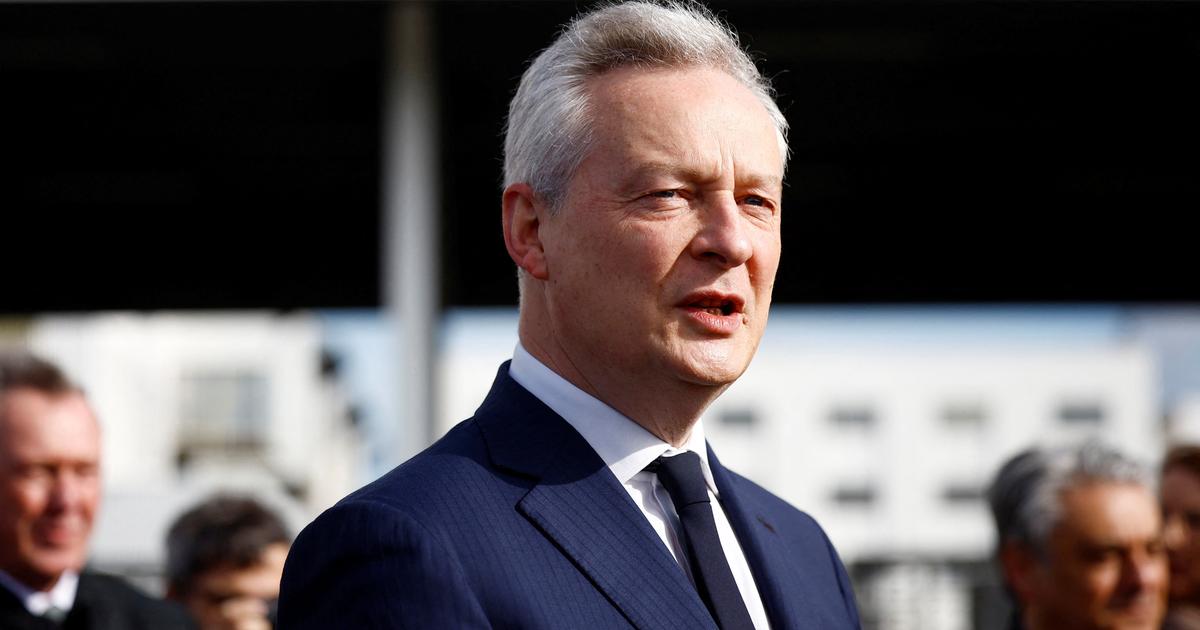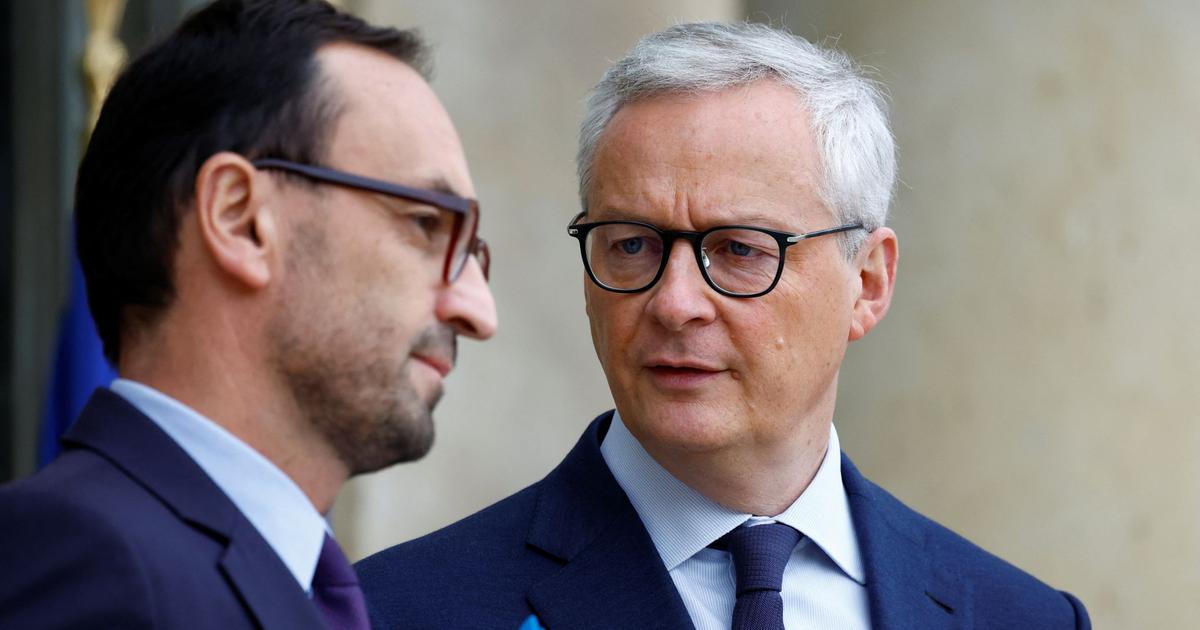Budget 2022: Peißenberg are struggling with low tax revenues
Created: 02/22/2022Updated: 02/22/2022 2:14 p.m
By: Bernhard Jepsen
It was about the money of the market town of Peißenberg in the finance and main committee (symbol image).
© dpa
Without government key allocations and subsidies for investments, Peißenberg would not be financially capable of acting.
The problem is still the insufficient tax capacity of the municipality.
For 2022, market treasurer Michael Liedl can still present a solid budget.
Peißenberg – Every year, December is a not entirely unexciting month for the market treasury.
Then the amount of the key allocations from the municipal financial equalization for the following year will be announced regularly.
The funds are used to level out the different tax powers of the municipalities.
And for Peißenberg, the key allocation is of almost existential importance: the amount of the allocation ultimately determines whether the budget balance is successful.
In December 2021, happy news from the state capital was received in the town hall: The key allocation for Peißenberg was therefore set at almost 4.33 million euros in 2022.
That is a whopping 17 percent more than in the previous period.
The market is therefore dependent on state funds.
A reason to be ashamed?
In the most recent, pre-advisory main and finance committee meeting, Liedl gave a clear answer: "Key allocations are made so that municipalities can exercise their right to self-government.
That's not something that Peißenberg receives exclusively." The statistics support Liedl's argument: According to this, 85 percent of all Bavarian municipalities receive key assignments.
One parameter that describes Peißenberg's financial situation, which is not entirely simple, is the "assessment of ongoing performance".
In the 2022 budget year, this will probably be the equivalent of less than five percent of the adjusted total income of the administrative budget and is therefore to be rated as “unfavourable” according to Liedl.
Peißenberg's long-term problem is and remains the weak tax force.
In 2022 it is expected to reach 856.77 euros per inhabitant.
The state average for comparable municipalities is 1639.78 euros.
The main reason for the weak level is still the trade tax.
Although revenue has increased in recent years, other municipalities are making clearer leaps in revenue in comparison.
At three million euros, the approach for 2022 for trade tax is again carefully calculated: "We could have gone in higher," explained Liedl at the budget presentation in the committee.
In the previous year it was 3.4 million euros instead of the forecast 2.9 million euros in the annual accounts.
The prior-year period was better than expected.
Reaching into the reserves was moderate, which is why Peißenberg had a decent cushion of 5.7 million euros at the beginning of the 2022 budget year: "The glass has gone from half empty to half full," said Mayor Frank Zellner ( CSU) in the committee.
Liedl praised the spending discipline, but he also pointed out that some investments were only postponed.
According to the Treasurer, it is not surprising that the asset budget, in which the investments are presented, has a volume of almost 12.26 million euros, which is 55 percent larger.
The capital budget is financed to a large extent with almost 5.5 million euros by state grants and investment subsidies.
In addition to a withdrawal from reserves (around 3.5 million euros), a loan (2.2 million euros) is also planned in the 2022 budget - the first since 2016. This would result in a debt level of the equivalent of 507 euros per inhabitant at the end of 2022.
"That's okay and justifiable," said Liedl.
The national average is 699 euros.
The debt is expected to grow to EUR 17.4 million by the end of 2025, partly due to investments in flood protection.
And whether this is already the end of the road, one can only speculate.
The investment package includes some measures for which there are only cost estimates but no valid calculations (keyword: active center).
The debt service, as Liedl emphasized, will "severely restrict" the market's ability to act: "But we will deal with it." In the committee, Walter Wurzinger (Freie Wahler) referred to possible problems with creditworthiness in this context.
After all, big politicians are planning, for example, to link the allocation of outside capital to sustainability parameters.
The budget plan for 2022, which is worth almost 37 million euros, was no longer discussed in the committee.
The market council had previously met for an internal budget retreat.
Accordingly, it was only a matter of form that the committee unanimously recommended approval of the budget in its proposed resolution for the market council.








